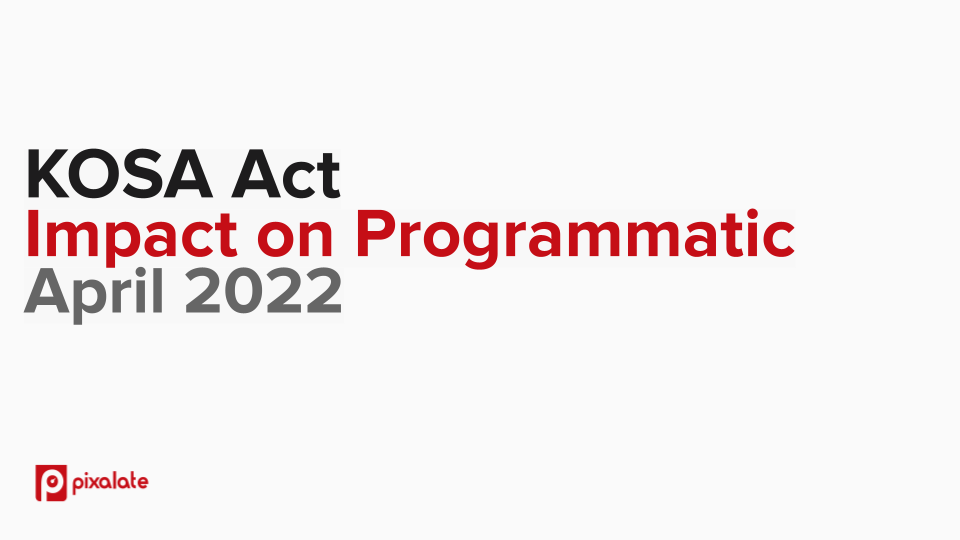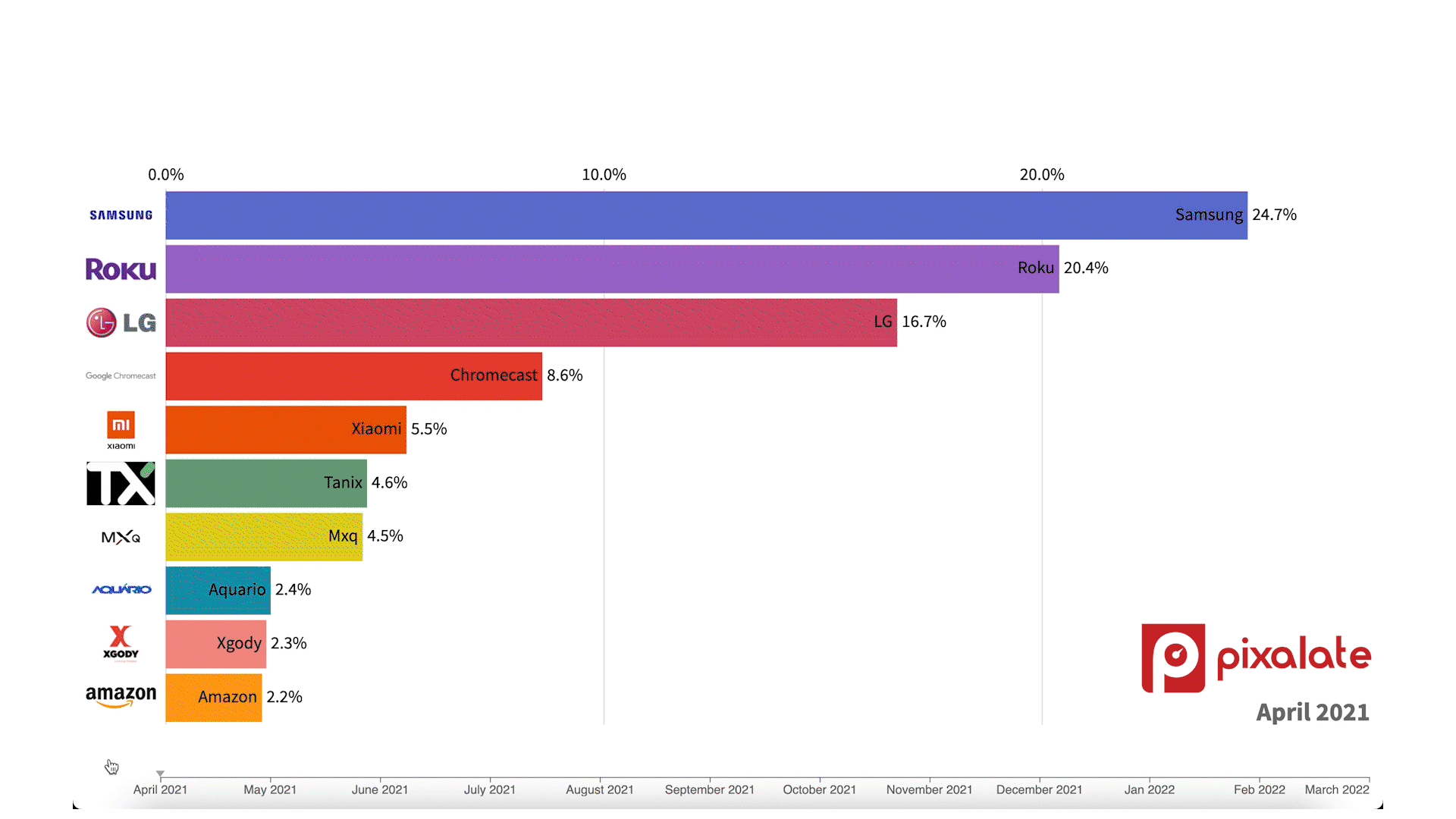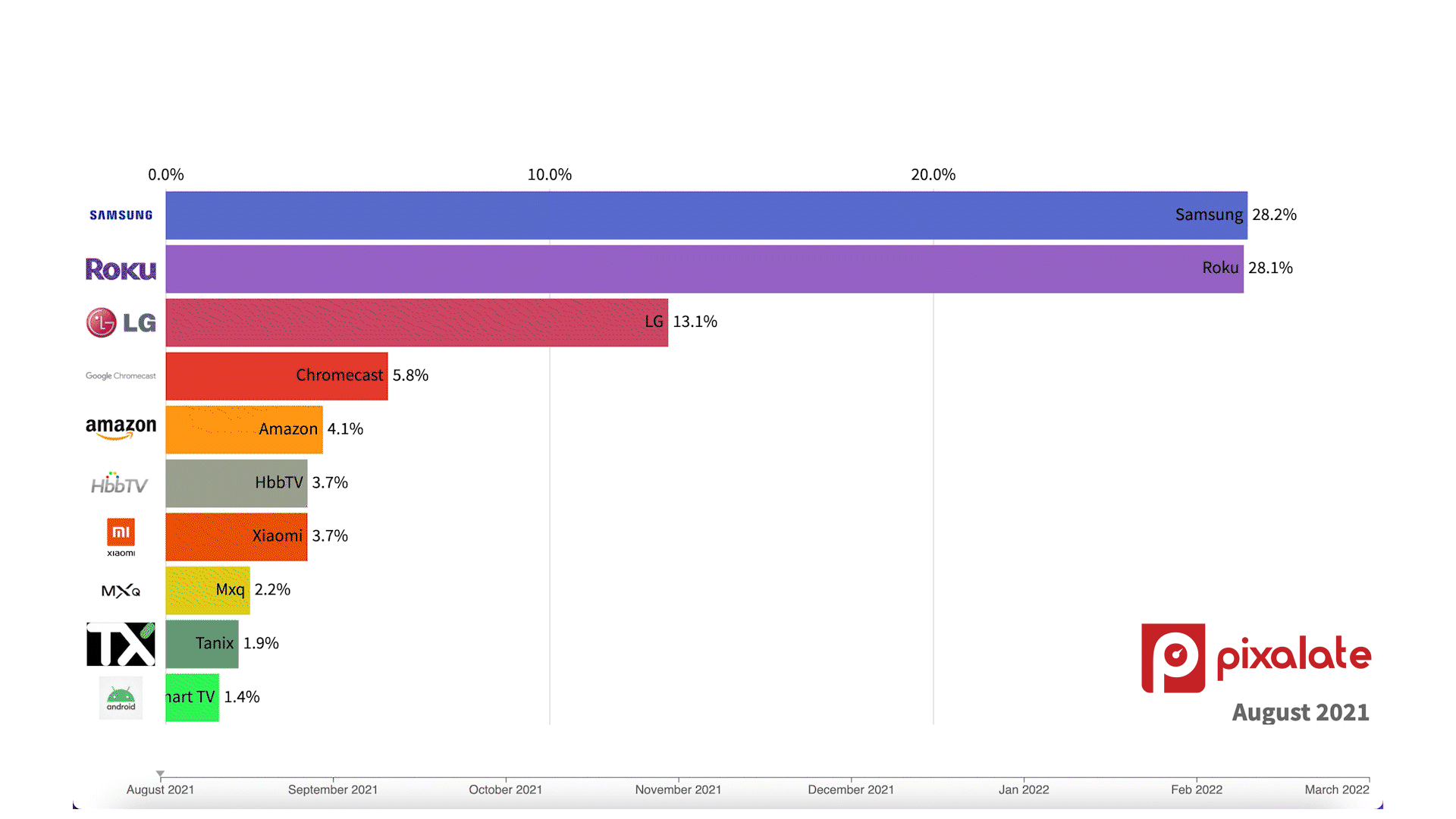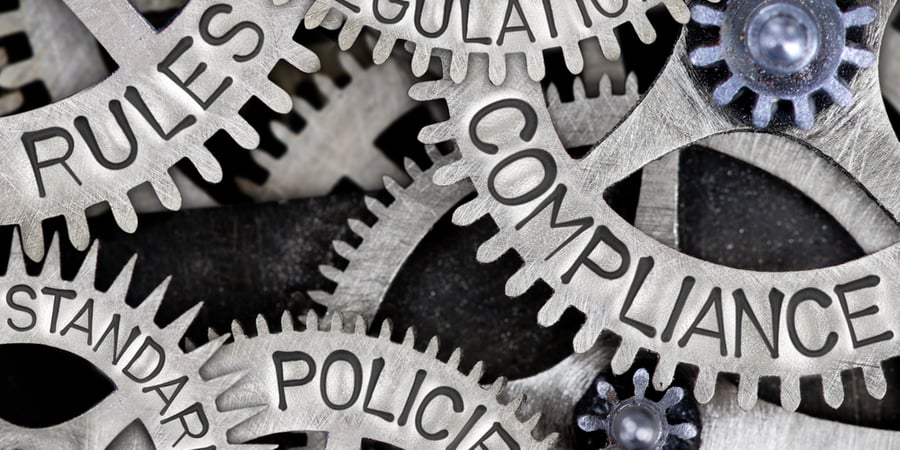

This week's review of ad fraud and privacy in the digital advertising space.

Pixalate published a blog post outlining the Kids Online Safety Act or KOSA – legislation with the goal of enhancing children’s safety online – which is gaining momentum at a time where the focus is turning to what, if any, mental and emotional damage social media could be causing its youngest users. KOSA is also being seen as a much-needed update to the Children’s Online Privacy Protection Act (COPPA) legislation – sometimes being referred to as “COPPA 2.0” – which was enacted back in 1998.
KOSA would create additional compliance obligations for companies already subject to COPPA. COPPA currently regulates the collection and use of data of children under the age of 13. KOSA instead focuses on activities that are likely to impact the type and amount of content minors (under 17) are exposed to online (source).

According to Pixalate’s monthly data on estimated population reach by device in Brazil, Samsung led the Brazilian CTV market until March 2022. It’s followed by Roku TV, which lost the second position in November and December 2021, but went back to the second position in early 2022.
Pixalate updated its running list of mobile apps and websites that have been sanctioned by the U.S. Department of the Treasury’s Office of Foreign Asset Control office. As of April 20, 2022, the Treasury took new steps by sanctioning Russian commercial bank Transkapitalbank and a global network of more than 40 individuals and entities whose primary function is to facilitate sanctions evasion for Russian entities.
Readers can download the full list of sanctioned entities here.

According to Pixalate’s monthly data on estimated population reach by device in LATAM, Samsung and Roku together make up 60% of the LATAM CTV device market.

MediaPost published an article regarding Meta “urging a federal appellate court to intervene in a lawsuit brought by advertisers suing the company over allegedly inflated metrics.”If successful, Meta would avoid a class action ruling against them that could entitle over three million advertisers on the platform who have purchased ads either on Facebook or Instagram after August 15, 2014 to more than $7 billion in damages.
*By entering your email address and clicking Subscribe, you are agreeing to our Terms of Use and Privacy Policy.
These Stories on Weekly Recaps
*By entering your email address and clicking Subscribe, you are agreeing to our Terms of Use and Privacy Policy.

Disclaimer: The content of this page reflects Pixalate’s opinions with respect to the factors that Pixalate believes can be useful to the digital media industry. Any proprietary data shared is grounded in Pixalate’s proprietary technology and analytics, which Pixalate is continuously evaluating and updating. Any references to outside sources should not be construed as endorsements. Pixalate’s opinions are just that - opinion, not facts or guarantees.
Per the MRC, “'Fraud' is not intended to represent fraud as defined in various laws, statutes and ordinances or as conventionally used in U.S. Court or other legal proceedings, but rather a custom definition strictly for advertising measurement purposes. Also per the MRC, “‘Invalid Traffic’ is defined generally as traffic that does not meet certain ad serving quality or completeness criteria, or otherwise does not represent legitimate ad traffic that should be included in measurement counts. Among the reasons why ad traffic may be deemed invalid is it is a result of non-human traffic (spiders, bots, etc.), or activity designed to produce fraudulent traffic.”




